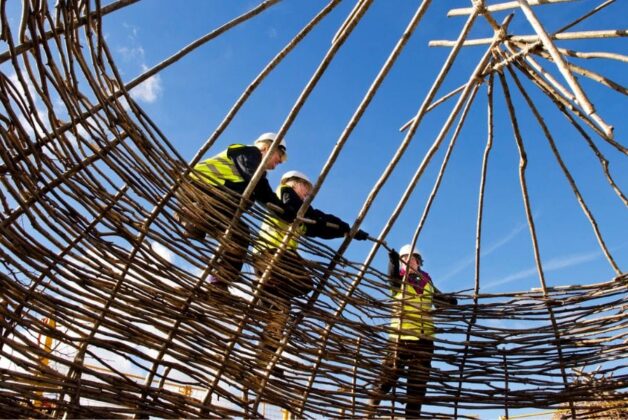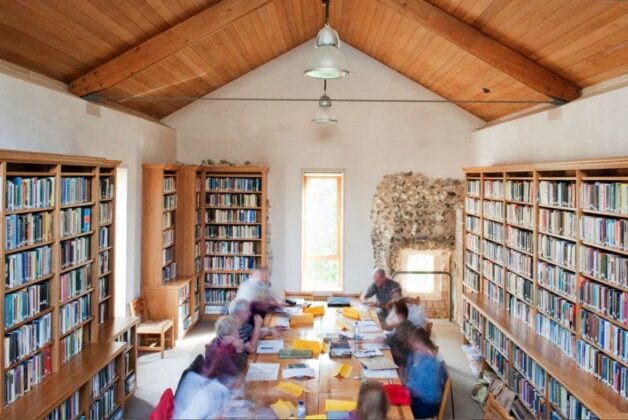New research commissioned by Historic England identifies significant barriers for disabled people in heritage settings, with 20% leaving sector jobs due to health reasons
Barriers UK heritage sites faced specifically by disabled people have been identified by new research.
Historic England commissioned the research to better understand the challenges faced by disabled people who either work in or visit heritage sites.
Conducted by specialist disabled-led consultancy Direct Access, the study found that one in five of respondents had left heritage sector jobs due to health and disability reasons.
The study also revealed that, while three quarters of disabled heritage workers said their line managers were aware of their access needs, only a third had been offered workplace assessments.
Half of respondents working in heritage had received no disability-related training and only 7% of disabled heritage workers used Access to Work support.
Direct Access has made recommendations based on the findings from the 208 respondents, which Historic England will be looking to help implement.
Recommendations include heritage employers actively promoting Access to Work schemes to provide better support for disabled staff, better disability awareness training for staff and volunteers, creating consultation groups of disabled people, designated quiet times for people with hearing impairments, wheelchair users, and neurodivergent visitors, and clear, well-illustrated access guides.
Sean Curran, head of inclusive heritage at Historic England, said the findings “clearly show that while we’ve made some progress, significant barriers still exist both for those working in heritage and those who wish to visit historic sites.
“At Historic England, we’re committed to using these insights to drive meaningful change across the sector. By addressing these barriers head-on through our Disability Access to Heritage project, we can create a heritage sector that truly welcomes, values, and includes disabled people.”





